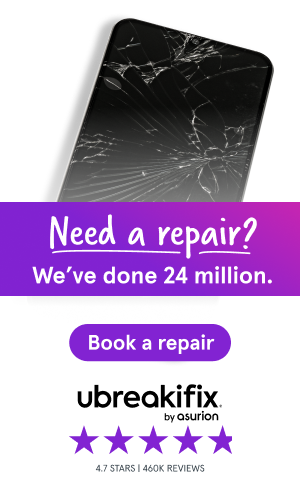- Joined
- Sep 6, 2018
- Messages
- 9
- Reaction score
- 4
I've just recently formed my LLC and need a little help when it comes to sending out proposals, SOWs, agreements, etc. Does anyone use or recommend some form of proposal software that can help structure, automate, and track this process? Or are they more trouble than they're worth? All comments/recommendations/concerns are welcome.
A little background: I've been a freelancer for the last couple of years, working mostly via verbal/informal work agreements. Obviously, this isn't a smart or feasible option moving forward, so I just wanted to put some feelers out to see how others are handling things in 2018 and beyond.
A little background: I've been a freelancer for the last couple of years, working mostly via verbal/informal work agreements. Obviously, this isn't a smart or feasible option moving forward, so I just wanted to put some feelers out to see how others are handling things in 2018 and beyond.




